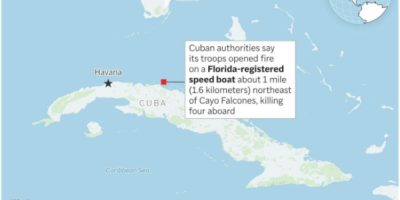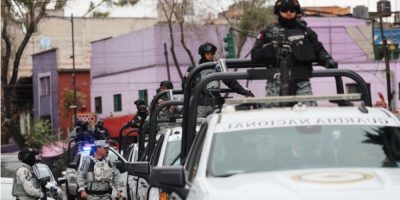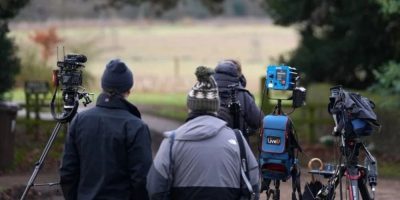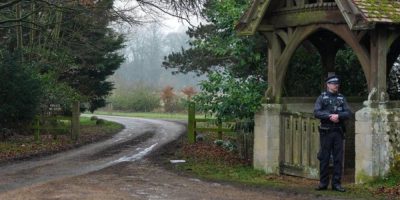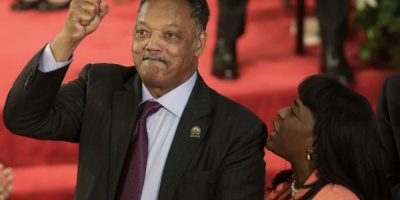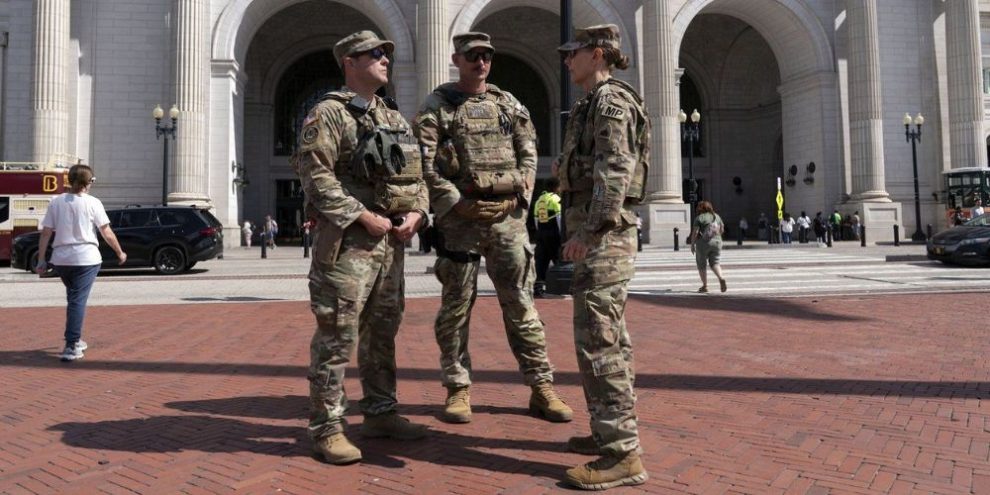
On a sultry early September afternoon in Washington, D.C., tourists pulling suitcases and office workers rushing between meetings dodged past dozens of National Guard troops standing at the entrance of the city's iconic Union Station.
More bored-looking troops wandered through the halls of the historic building, peering through the windows of stores and eyeing commuters as they passed through the metro station gates.
It's not a sight Americans would have expected to see in the United States capital just a few weeks ago. And some experts say it presents a disturbing preview of what could happen elsewhere soon as U.S. President Donald Trump threatens to deploy the National Guard to other Democratic strongholds — whether local leaders want it or not.
The troops — who are not permitted to talk to media — have been stationed around the city since Aug. 11 after Trump declared an emergency over crime. That emergency is set to end on Sept. 10, unless Congress extends it.
Barrie's News Delivered To Your Inbox
By submitting this form, you are consenting to receive marketing emails from: Central Ontario Broadcasting, 431 Huronia Rd, Barrie, Ontario, CA, https://www.cobroadcasting.com. You can revoke your consent to receive emails at any time by using the SafeUnsubscribe® link, found at the bottom of every email. Emails are serviced by Constant Contact
It's not clear what will happen next week. While Congress has indicated it won't vote on an extension, Trump has suggested the troops should remain in Washington longer.
The deployment has infuriated many locals — who point out that the National Guard troops are concentrated largely in tourist areas or on public transit, and are frequently seen scrolling on their phones or wandering the streets.
It's been reported that the mission is costing American taxpayers at least $1 million each day.
Locals are also angry at the way Trump is grabbing at the already limited autonomy of the District of Columbia. Thousands of "Free D.C." signs have appeared in windows around the city and multiple protests against the deployment happen each week.
On Thursday, the District of Columbia filed a lawsuit against the Trump administration calling the deployment an illegal use of the military for domestic law enforcement.
"No American jurisdiction should be involuntarily subjected to military occupation," Brian Schwalb, the district's elected attorney general, said in the lawsuit.
There's a long tradition in the U.S. of opposing military involvement in domestic policing, said Aziz Huq, a law professor at the University of Chicago and author of The Collapse of Constitutional Remedies.
The Posse Comitatus Act prohibits the federal military or the federalized National Guard from engaging in law enforcement activities, except where expressly authorized by law.
The National Guard has been federalized in the past — taken under the control of the president, rather than a governor — to respond to natural disasters or other crises in cases where a governor sees the need for federal aid.
That happened during Hurricane Katrina in 2005 and during the riots that followed the Rodney King trial in 1992.
"There are very rare moments at which the National Guard is called in over the opposition of a governor of the state," Huq said. "The leading example of that was the National Guard being called in to Little Rock, Arkansas to enforce desegregation orders over the objection of the Arkansas governor."
The legal basis for Trump's National Guard deployment "raises a lot of complex questions about federal statutes that either allow or disallow military activities in the United States," Huq said.
A federal judge ruled Tuesday that the Trump administration broke the law by sending the National Guard to Los Angeles in early June in response to days of protests over immigration raids.
U.S. District Judge Charles Breyer's ruling noted Trump's threats to deploy troops to other cites, saying it raises concerns about the possible creation of "a national police force with the President as its chief."
Trump himself may be aware his threats to send troops into more cities rest on shaky legal ground. On Wednesday, he urged Illinois Gov. JB Pritzker, a Democrat, to phone and ask him to send the National Guard to Chicago.
Pritzker rejected Trump's request and, on Tuesday, called the president's remarks "unhinged."
Trump also said New Orleans might be his next target — a blue city in a red state where he could act with the governor's support.
While Chicago has been the focus of Trump's deployment threats, he also has repeatedly floated sending troops to Baltimore — against the wishes of its mayor and the state's governor, Wes Moore, both Democrats.
Huq said that if Trump does send troops to Chicago and Baltimore, he expects to see the administration argue it's necessary to enforce federal law.
If a court allowed those deployments to go forward, he said, that would lower the legal threshold for such deployments in the future.
"When courts issue rulings that lower the triggering conditions for deployment, I do (think) that that's a grave risk," he said.
On the grass just outside Union Station a few days ago, a group of veterans sat under a tent with protest signs pointed at the troops. Lelaina Brandt, 49, said the group — called Remember Your Oath — is made up of veterans alarmed by what they see as "creeping authoritarianism" in the United States.
"We fear that this is just sort of boiling the frog slowly kind of situation, where he's getting people used to the idea of having armed military on the streets of our cities," Brandt said.
Troops aren't meant to fight crime, Brandt said, and the military should not stand against Americans.
Matthew Lebo, a political-science professor at Western University in London, Ont., said while the troops' activities to date may seem innocuous — some have even been spotted picking up garbage — their presence is still an act of intimidation.
Lebo said Americans should not have to accept authoritarianism as a trade-off for lower crime rates.
"It's a frightening step."
— With files from The Associated Press
This report by The Canadian Press was first published Sept. 6, 2025.
